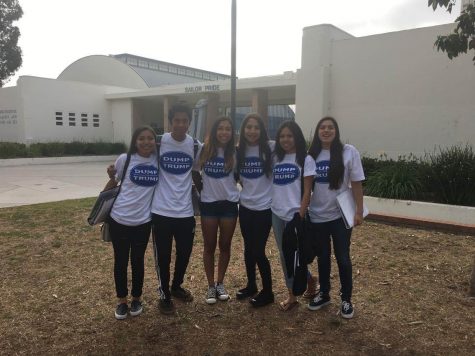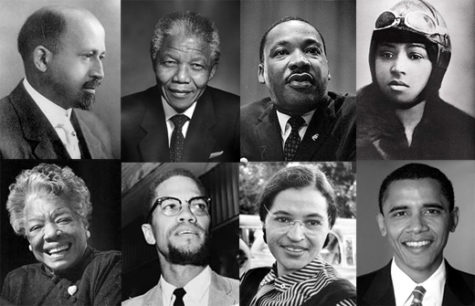Analyzing the First Amendment
What happens when everyone has the right to say what they want?
May 17, 2016
Everyone has something to say. It’s one of the most important features we as humans have: the ability to think and respond to things. The most fascinating part is that you could ask 10 people their thoughts on one thing and receive 10 totally different responses. This is excellent and may even be vital to our existence. By having conflicting views, we ensure that everyone’s thoughts are heard and accounted for before making a big decision and/or carrying out an action. Conflict ranges from deciding what to have for dinner to political identity and why you support a certain presidential candidate.
We, Americans, have a constitutional right to speak openly and freely about what we want. The law essentially subsidizes potential progress. However, with so many different thoughts and opinions floating around, some of the conflicting ideas are bound to yield things other than progress. An example of this would be hate speech. While it may not seem to be “conflict” on the surface, when someone or a group of people have such hatred for someone or something, they’re either in conflict with the beliefs of their target or suffer from an internalized conflict with themselves.
Needless to say, holding a sign that says “Go back to Africa!” isn’t very productive, but it is taking advantage of our right to speak freely. However, it’s important to recognize that one person exercising his freedom of speech may inspire someone else to exercise their freedom of speech. In response to such a sign, someone may feel compelled to reply with “You brought us here!” Again, neither are particularly productive but both are examples of the intricacies of having the right to essentially say whatever you want whenever you want to. The most important thing to remember when exercising your freedom of speech is that everyone else around you has that same right and will be looking to exercising it just like you.

There is a common misconception about freedom of speech. If you say something that someone else doesn’t agree with, you can’t be surprised when they question you or just blatantly disagree. Disagreement is not an attack on your freedom, it’s actually a powerful form of relishing and exercising it. Freedom of speech isn’t as much of an individual thing as we like to think it is: everybody has this freedom!
So, where does this leave us? As was stated earlier, we’re full of diverse ideas and perspectives and the government allows us to share these openly. However, when there is maybe an overflow of ideas and perspectives being shared, conflict fails to yield progress and turns into endless bickering. This begs the question: If everyone can speak freely, can anyone speak freely?






